Biology / Biological Research / Biology Secondary Teaching
Dive into the scientific study of living organisms and their relationships with the environment. Take courses in human genetics, cell and molecular biology, plant biology, evolutionary ecology, and vertebrate physiology.
There are a variety of electives to help you explore the breadth of biology, including human anatomy with cadaver lab, microbiology, immunology, animal behavior, plants and human health, and issues of environmental biology. You can even study away with a May term biology travel course to Florida, Texas, Costa Rica, or India.
Biological Research majors can enter fields such as medicine, dentistry, other health professions, graduate school, industry, conservation and education.
Biology
Investigate the structure, function, behavior, and interactions of organisms at various levels, ranging from molecular and cellular to organismal and ecological.
Biological Research
Gain hands-on experience using a DNA sequencer, collecting samples out in the field, and conducting an individual research project.
Biology Secondary Teaching
Learn to lead a middle and high school classroom and be an effective teacher. For licensure, you must complete a double major in secondary education and biology.
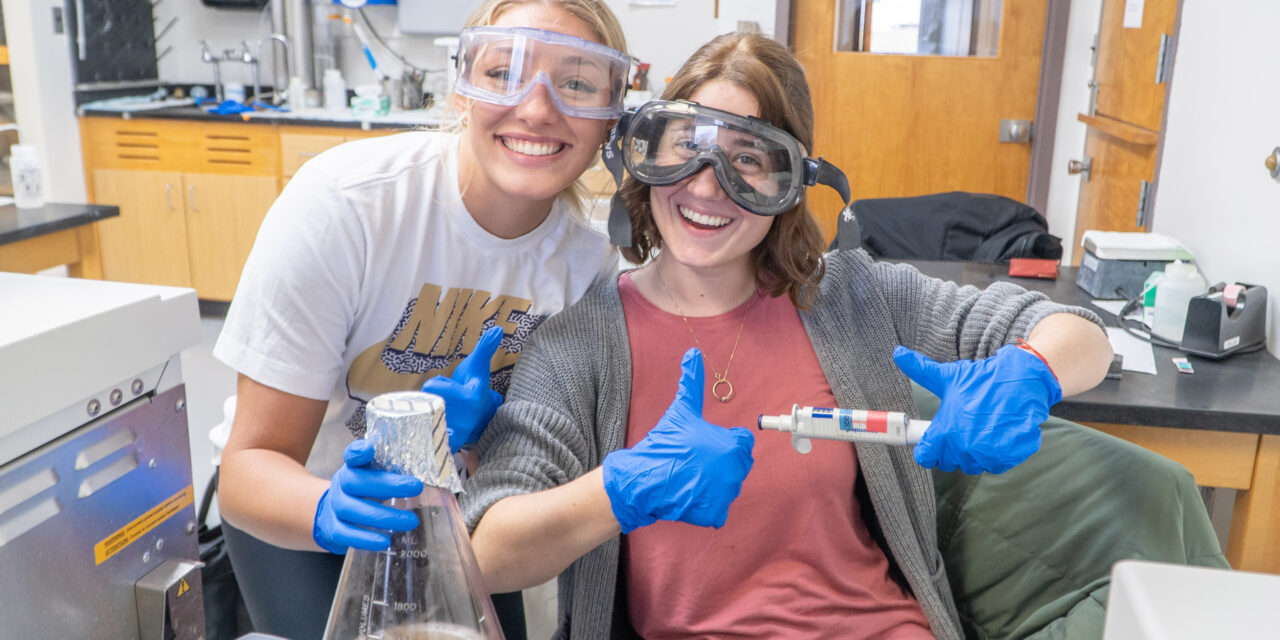
Science Advising
Love science but don’t know what you want to do? Our faculty help you figure this out. Biology faculty, and a full-time, pre-health advisor are here to help advise you for your future.
Research Opportunities
Biological research majors conduct independent research projects with a biology professor during their junior and senior years, applying learned methods in courses, while gaining valuable research experience, and exploring a topic in biology more in-depth. Loras has a strong tradition of student-faculty research and our students have been awarded numerous grants, frequently traveling to conferences to present their results. Here are some research examples:
Explore Internships & Careers
Internship opportunities offer real-world experience. You can complete internships for academic credit or non-credit—or choose both:
- Summer Lab Science Program at Mayo Clinic
- National Nanotechnology Infrastructure Network – Cornell (Ithaca, NY)
- Center for Protease Research, NDSU
- Iowa Department of Natural Resources
- Mississippi River Museum and Aquarium
- Dubuque County Conservation
- Green Iowa AmeriCorps
- Grice Marine Lab, College of Charleston
You will be prepared for a variety of interesting careers:
- Medical School or other health professions: Dentistry, optometry, podiatry, PA, veterinarian sciences, pharmacy, nursing, etc.
- Genetic Counseling
- Research and Development in Biotechnology
- Government Agencies
- Non-profit Conservation Organizations
- Wildlife and Habitat Management
- Pharmaceutical Sales
- Museum Education and Management
- High School Biology Teacher
- Graduate School
Course Highlights
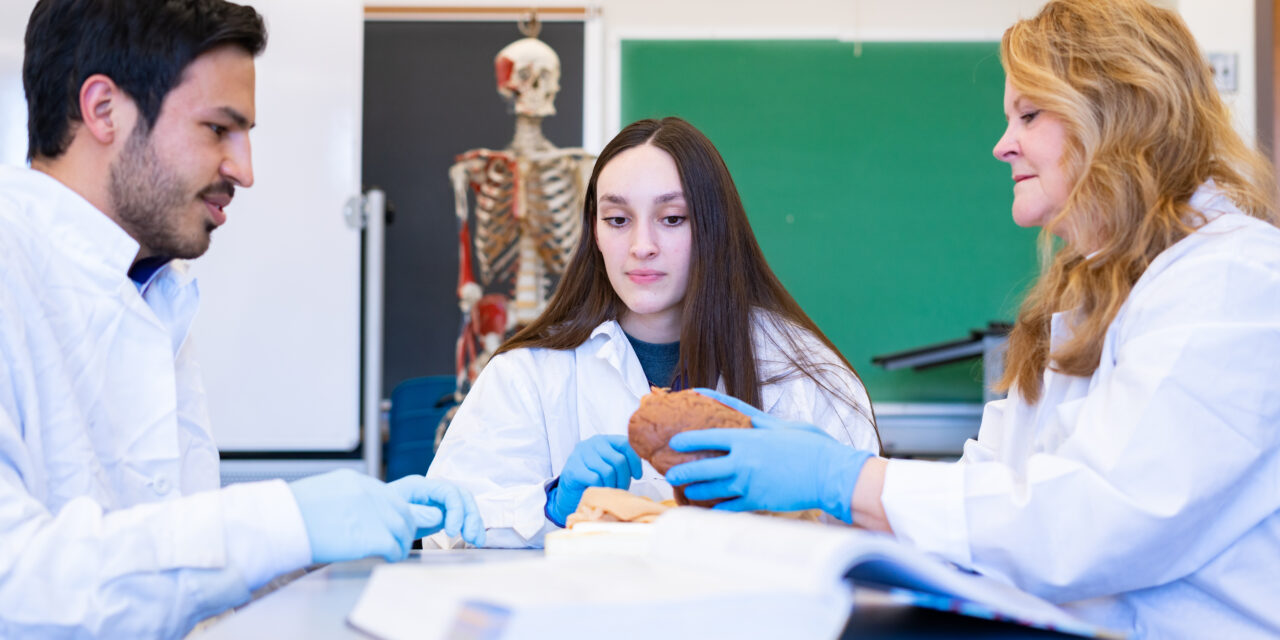
School of Science & Health
Majors & Minors
Graduate Opportunities
Consider continuing your education at Loras through one of our graduate, dual degree, or accelerated programs.
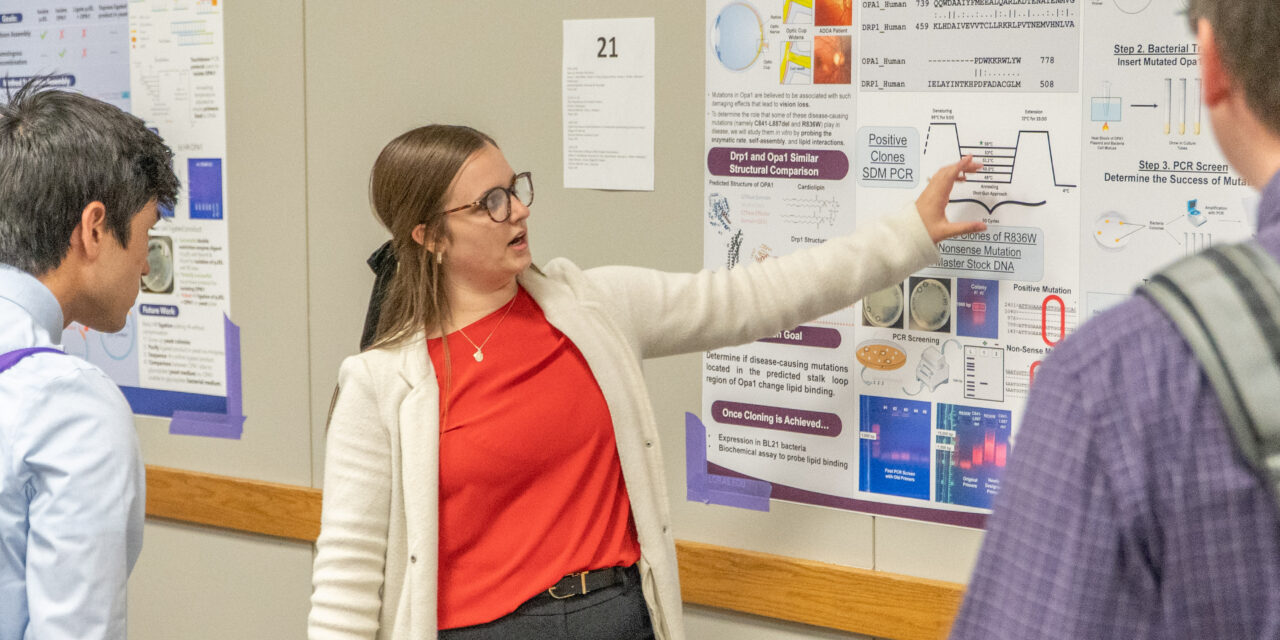
Clubs & Orgs
We have a variety of opportunities for you to get involved from the moment you set foot on campus.
DuHealth
Loras Environmental Action Forum
DuDawgs
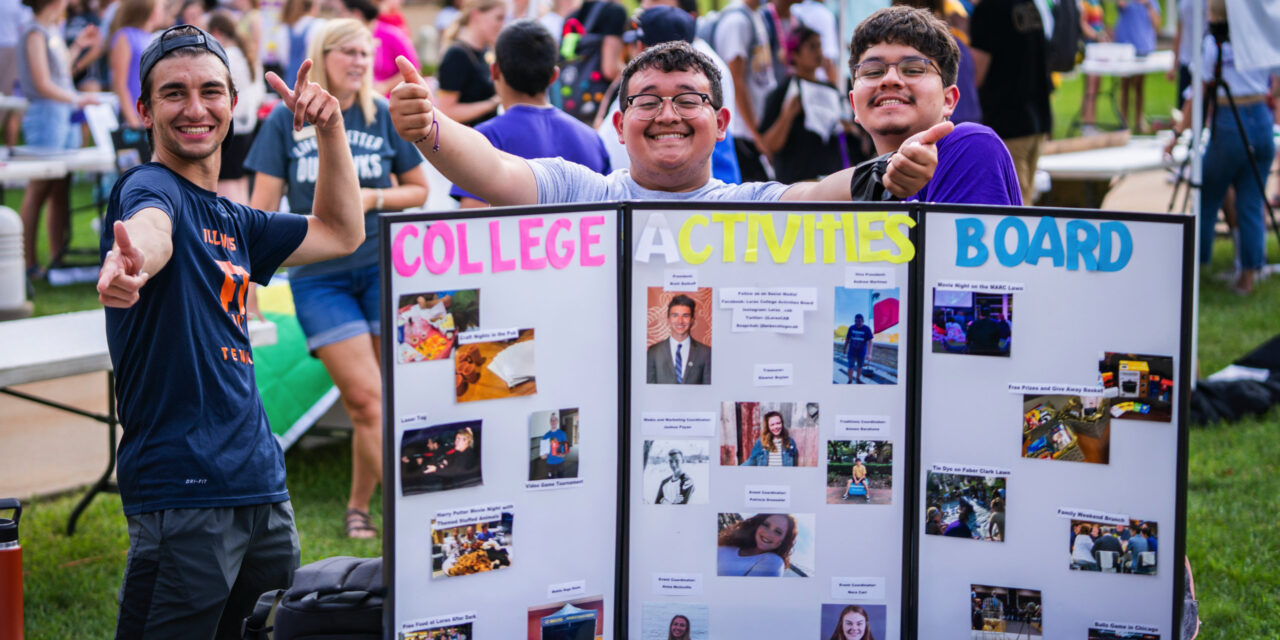
Straight Talk from a Duhawk
I love the faculty and their dedication to making sure all of the students succeed and are well prepared for their adventures after Loras.
— Kayla (’24)
Cuba City, WI
Meet Your Professors

Kate Cooper PhD
Professor of Biology

David Shealer PhD
Professor of Biology

Aditi Sinha PhD
Associate Professor of Biology
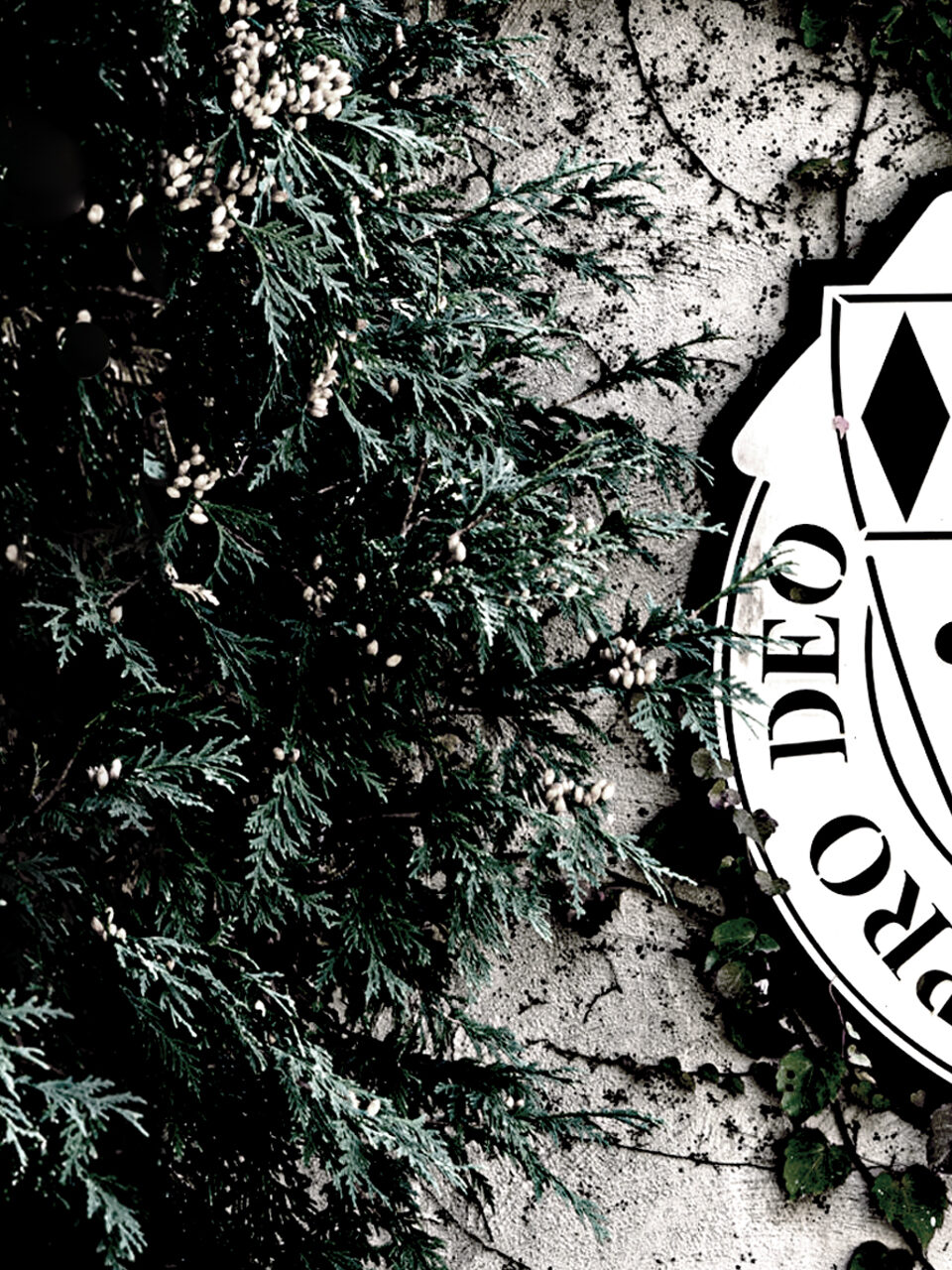
Bryce Taylor PhD
Assistant Professor of Biology
Biology News
-
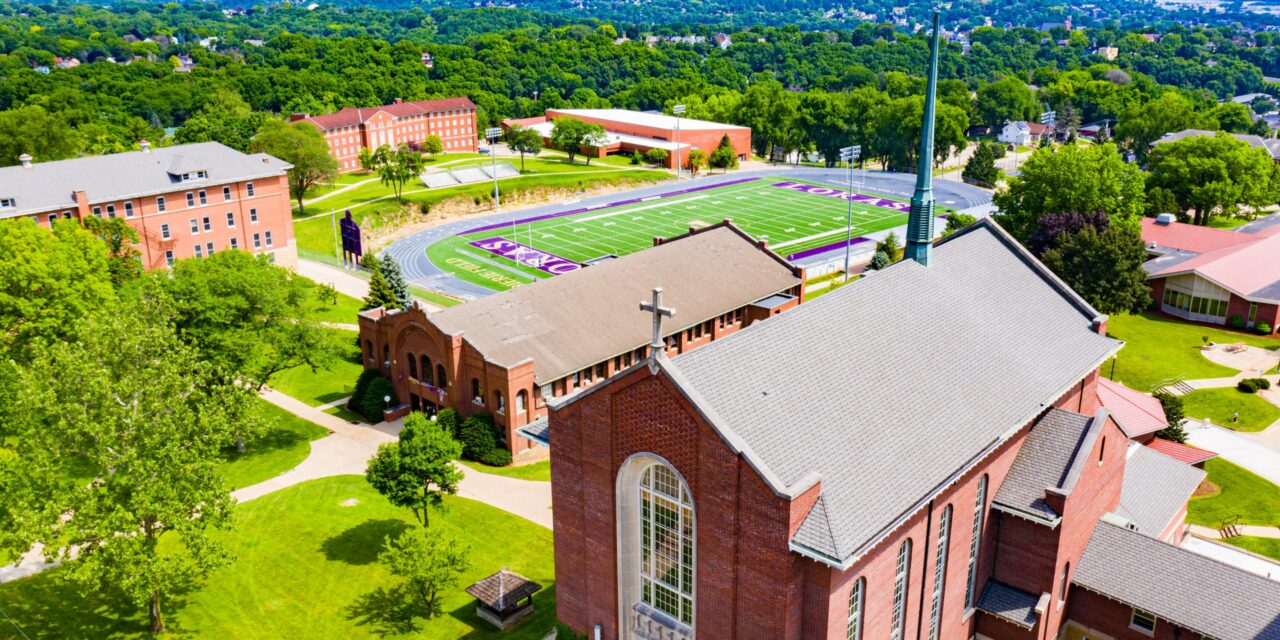
’08 Graduate Serves Church and Community by Livestreaming Service
“We put our all into it because we really wanted people to have that feeling of connection. And, personally, it was the most fulfilling part of our week because everything else had come to a screeching halt and this was a way to use the gifts that we have been given.” More
-
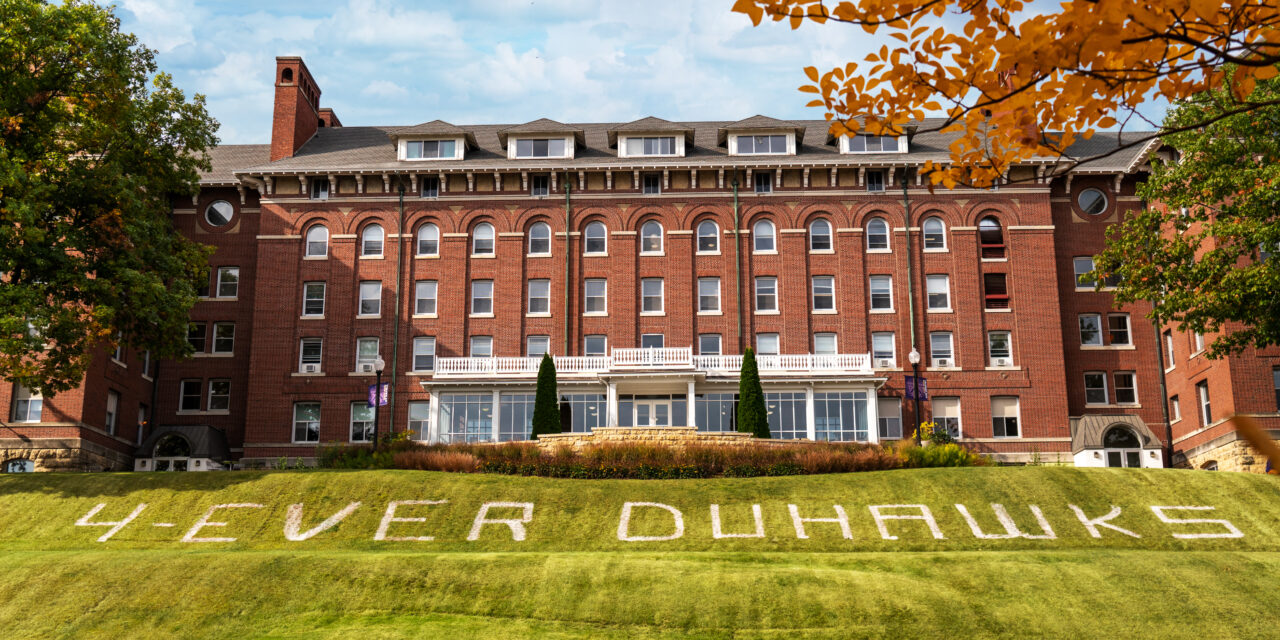
U.S. News Ranks Loras as Tenth Best Regional College
Loras College has been named the tenth Best Regional College in the Midwest — a 12-state region — according to the 2023 U.S. News & World Report’s Best Colleges rankings released Monday. More
-
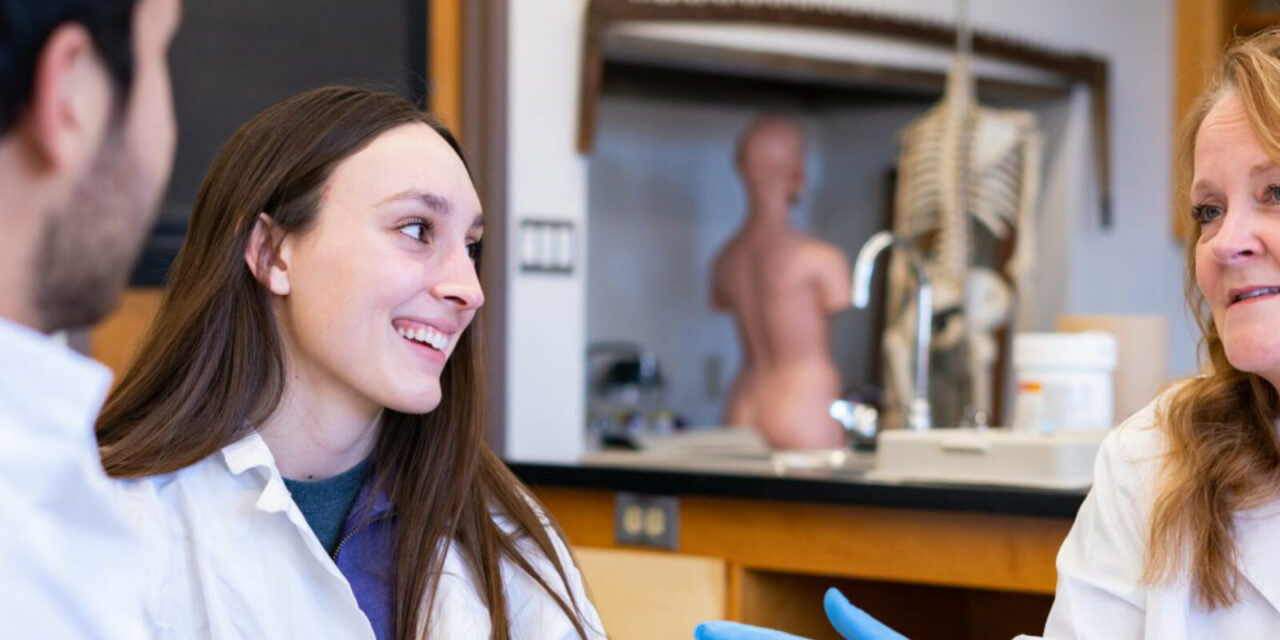
Loras College Announces New Public Health Major
Loras College is offering students a new option with the debut of the public health major beginning in the fall. The program is the latest of recent additions to the College focused on health. More

